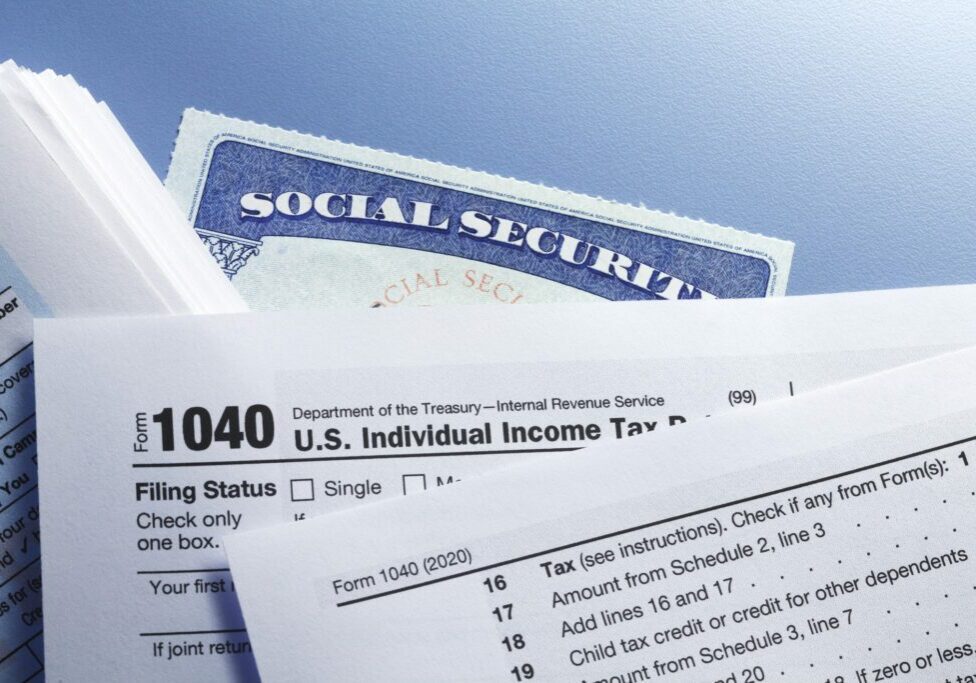Importance of Having a Will
If you don’t have a will, take the necessary steps to get one at your earliest opportunity. Even if you’re young or your estate is modest, you should always have a legally valid and up-to-date will. Start the process immediately by obtaining the names of qualified and experienced accountants and estate planning attorneys, checking their references and making an appointment with the one that best suits your preferences.
CPAs have the advantage of meeting with our clients generally at least once a year. While an attorney is required to professionally draft and execute one’s will, as CPAs we often participate throughout the process and provide recommendations regarding financial and tax aspects of an estate plan. When we become aware that a client does not have a will or other estate planning documents in place, or that a client has not updated their estate documents for many years, we encourage meeting with an attorney that specializes in estate planning.
We discourage using do-it-yourself will preparation software and templates. We have many examples of the unfortunate consequences from do-it-yourselfers who paid large amounts of avoidable taxes from even just a single fundamental misstep. The amounts paid in these examples would certainly have paid for the professional fees several times over! Moreover, a will is just one of several documents that will be prepared as part of your estate plan. You may also have a power of attorney, a living trust, or a health care directive to name just a few.
If you don’t have a will, the state laws in the stae in which you are domiciled at death determines many important decisions including who gets your assets, and who is the guardian of your children. That process takes time, money and the outcome may not be what you would have wanted. For example, you may have an heirloom that you wanted to go to a special family member, a specific charity that you would like to support, or a relative that your children are particular fond of that you are confident will do a good job raising your children.
In the process of preparing your will, you may also learn what is not determined by a will. For example, the named beneficiaries of retirement accounts, life insurance policies and annuity contracts will receive the related assets regardless of the provisions in a will. Certain bank and investment accounts may also pass directly outside of a will, for example a bank account titled joint with right of survivor will go directly to the survivor. If there is a life changing event such as the death of a spouse or a divorce, it is particularly important that you review the beneficiaries in these types of accounts and promptly make any necessary changes.
A will also identifies the executor, called a personal representative (PR), who will be responsible for managing the affiars of your estate. One may, upon learning he or she was named as PR of an estate, have a sense of pride but will likely quickly realize that they have a lot of risk and responsibility. Having established a relationship with an attorney who prepared your estate documents, the PR likely will be comfortable in going to that same attorney to assist with settling your estate matters.
In many estates, trusts may be created, special tax techniques employed, the tax basis of certain assets adjusted, estate income tax returns prepared, etc. A PR may not have dealt with any of these matters or complexities before. A misstep may prove costly, and the PR may even find themselves personally liable. A wise PR will mitigate some of that risk by seeking the guidance and advice of lawyers and CPAs.
Probate is the court-supervised process of administering and proving a will. Probate is an orderly settling of one’s affairs. Among other things, it involves publishing a notice to afford creditors the opportunity to come forward and present any claims they have. Should a creditor fail to present their claim within the prescribed time, they may lose their right to receive payment. If a PR fails to arrange for or properly administer the process of probate and distributes assets to heirs, he or she may be personally liable to creditors.
Probate can be expensive and time consuming, and probate records are available
as a matter of public record. Several factors can affect the length of probate, including the size and complexity of the estate, challenges to the will or its provisions, creditor claims against the estate, state probate laws, the state court system and tax issues. Owning
Ken Meissner, CPA is a partner at Alegria & Company and specializes in business and personal income tax and is a Certified Specialist in Estate Planning. He can be reached at kmeissner@alegriacpas.com








